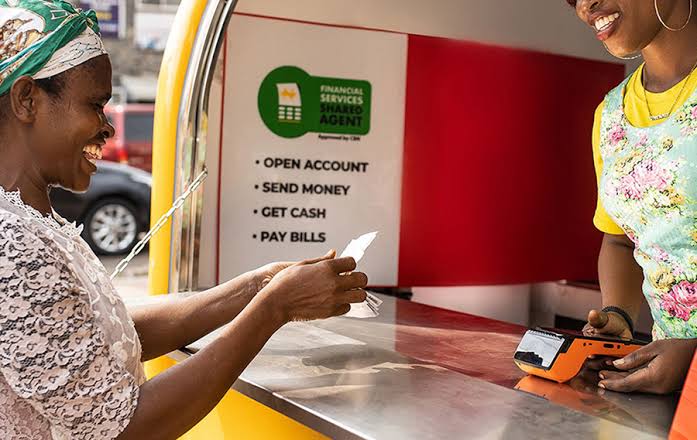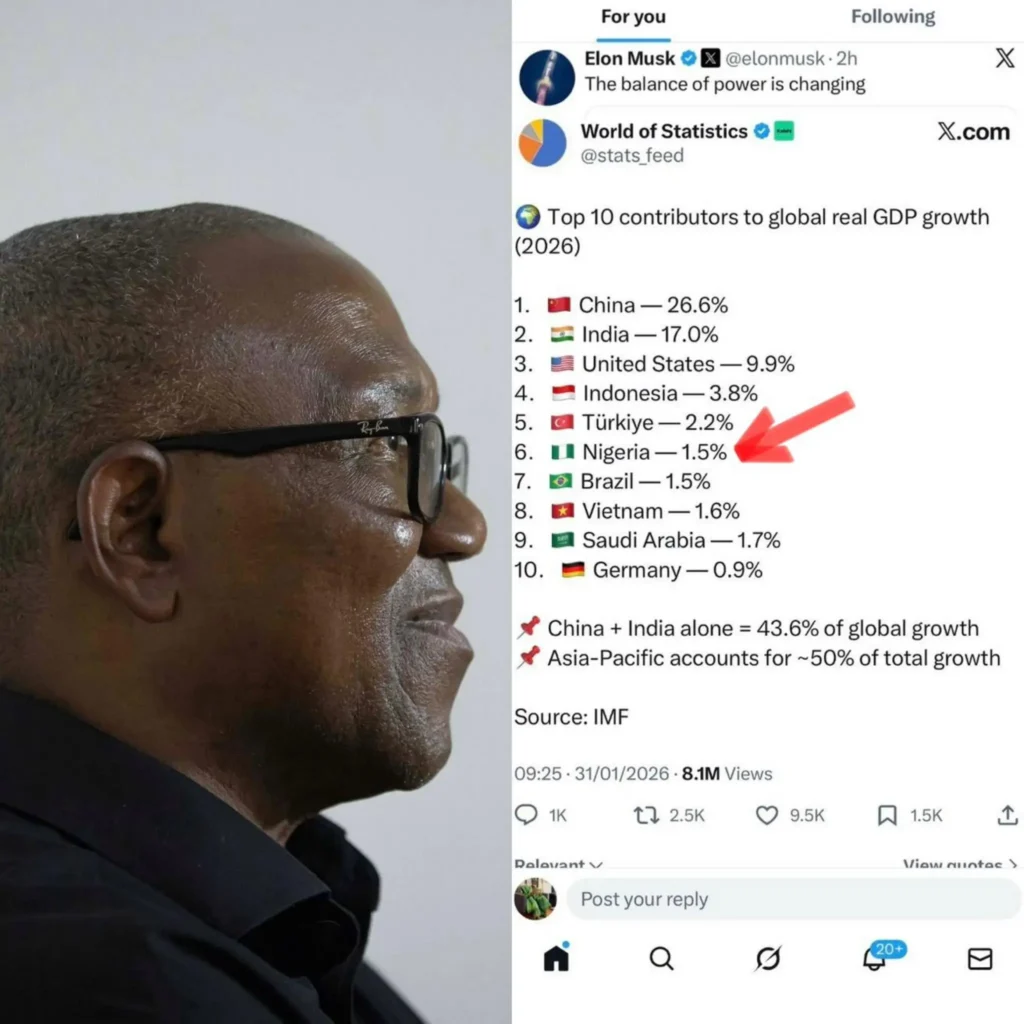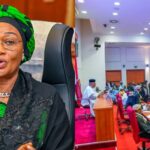Bank Account Ownership in Nigeria Shows Stark Regional Disparities

Bank-account ownership across Nigeria’s six geopolitical zones reveals a persistent and significant divide in access to formal financial services, with the South West far ahead of other regions and the North West trailing at the bottom.
According to newly analysed data shared with our newsroom, an average of 80 out of every 100 people in the South West have bank accounts, compared to just 30 in 100 in the North West — a gap that reflects deeper economic and structural inequalities.
The South South region averages 68 account holders per 100 residents, closely followed by the North Central at 65. The South East trails moderately behind with 52 per 100, while the North East records 42 per 100, signalling notable financial exclusion outside the southern corridors.
Experts say these disparities closely track differing levels of urbanisation, infrastructure, literacy, and wealth distribution.
The South West, anchored by economic hubs such as Lagos, Ibadan, and Akure, benefits from strong banking penetration, dense agent networks, and high digital adoption. Meanwhile, many parts of northern Nigeria continue to grapple with fewer bank branches, rural settlement patterns, identity-verification barriers, and in some cases, insecurity — all of which complicate access to formal banking.
Analysts also point to income instability as a major barrier. Millions of informal-sector workers operate outside structures that favour regular saving or formal financial participation.
Furthermore, cultural and trust-based attitudes toward financial institutions vary regionally, influencing how people store money, conduct transactions, and access credit.
Government agencies and financial-sector stakeholders have intensified efforts to close the gap, including expanding micro-banking networks, supporting mobile-money services, easing identity requirements through tiered KYC structures, and promoting financial-literacy campaigns.
However, many observers argue that progress will depend on more targeted interventions in underserved regions — especially in the North West and North East — through infrastructure development, improved security, and economic empowerment.
With financial access increasingly tied to economic mobility, credit availability, and digital transactions, the numbers reflect more than banking statistics — they reveal how geography influences opportunity in today’s Nigerian economy.
As banking becomes ever more digital, inclusion strategies will need to prioritise affordability, simplicity, and trust-building to bring more citizens into the formal financial ecosystem.









